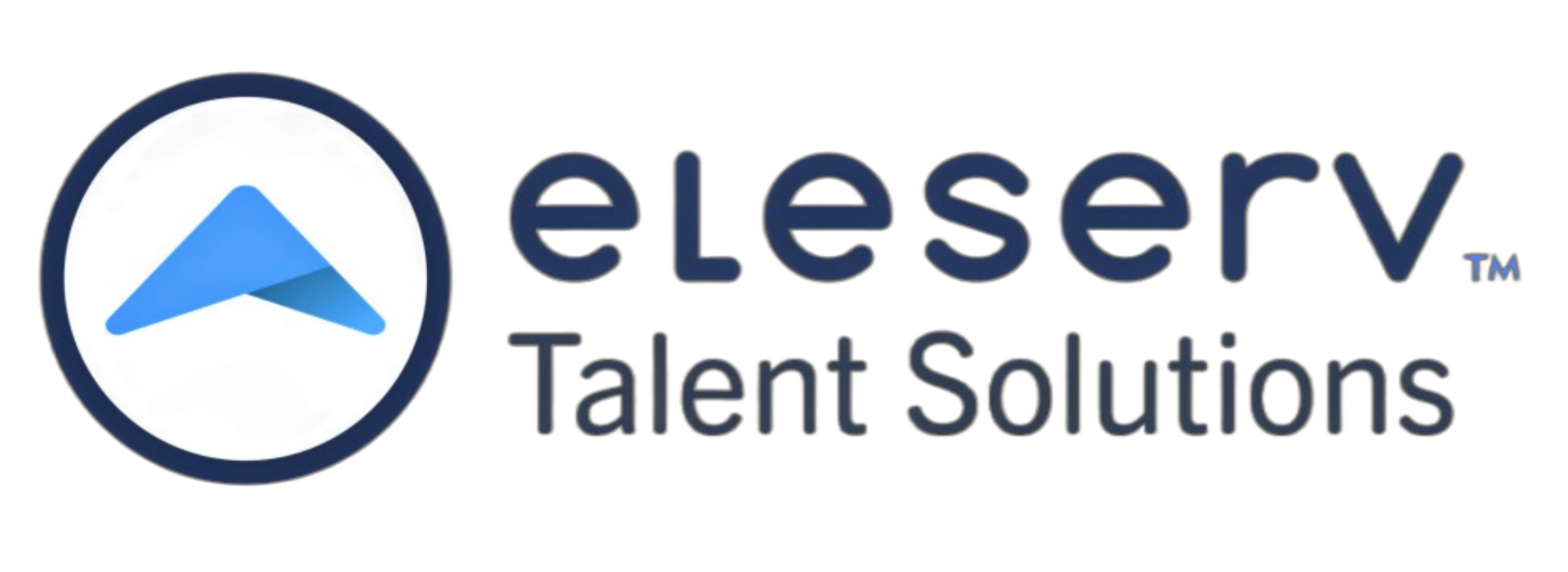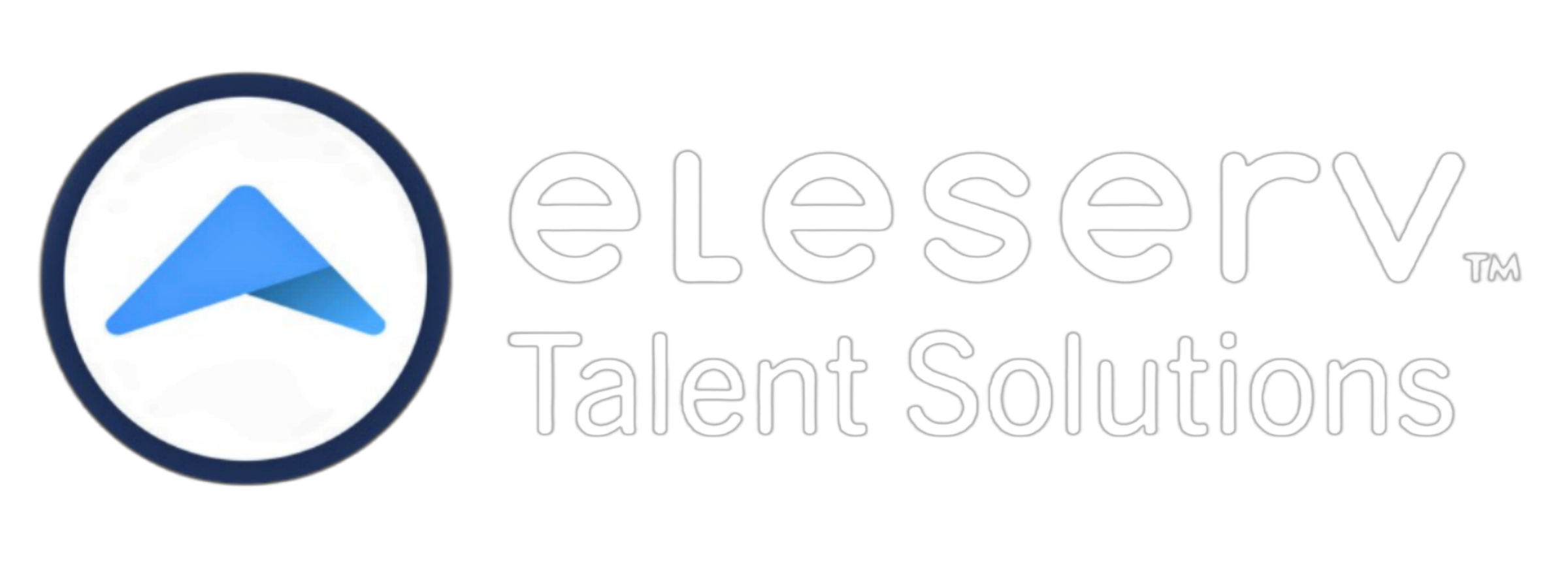Validating Skills in the Workplace
Transforming to a skills-based workplace requires more than just identifying and categorizing skills required for all job roles in the organization, it also requires identifying skill sets of all employees and candidates. Unfortunately, it is not enough to just ask what skills people have. Many candidates exaggerate their skills on resumes and interviews. It can be challenging for employers to assess if an individual truly possesses the required skills.
This is where skill validation comes into play - a process that involves verifying the knowledge and capabilities of individuals claimed by them. Skill validation not only ensures that employees are competent but also helps organizations make informed decisions when it comes to hiring, promoting or training employees.
Skills
Let's first define the term skills. There are 2 main types of skills that employees may be required to have for a role:
Hard Skills: These are concrete/technical skills that an individual might possess like MS Office Skills, Basic Math, Accounting Skills etc. These are sometimes broken down into the following categories:
- Technical Skills – Specific knowledge and expertise required for the job, such as programming, data analysis, or proficiency with certain software tools.
- Job-Specific Skills – These are specialized skills that are unique to a particular role or industry such as Medical Terminology or Accounting Skills etc.
- Analytical Skills – Skills that fall into his category would be things like an individual’s ability to analyze data, think critically, and make informed decisions.
- Time Management and Organizational Skills – This is self-explanatory.
Soft Skills: Soft Skills are things such as: Flexibility, Adaptability, Assertiveness, Openness to New Experiences, Extraversion, Teamwork etc. Leadership Skills such as negotiating, conflict management etc. might also fall into this category as well. Soft skills are more behaviorally based.
Methods for Validating Skills
There are various methods organizations can use to validate the skills of their candidates and employees:
1. Skills Assessments
Skills Assessments involve evaluating an individual’s practical skills in a particular field or subject. For example, you might want to evaluate an individual’s Excel skills if they are going to be working in an accounting role or Attention to Detail or Grammar skills if they are going to be sending correspondence to clients. Typically, these tests are done through an online platform, but hard skills can also be evaluated through assignments or hands-on projects that are relevant to the role. Skills Assessments are very effective vehicles to validate hard skills quickly and effectively.
2. Behavioral Assessments
Behavioral or Job Fit Assessments focus on helping an organization understand more about an individual’s soft skills or behaviors and match those up with what the role requires. These types of assessments help an organization understand the candidates’ strengths and challenge areas. For example: Adaptability is an important skill measure for any position but you may also want to know about how Assertive or Outgoing someone is if they are going to be in a sales role. A behavioral assessment would help identify if that was a strength for this individual. These assessments are extremely important for roles where particular behavioral combinations are required such as Extraversion and Assertiveness and possibly work pace for sales roles.
Behavioral Assessments provide the following:
- Objective Evaluation
- Puts everyone on a level playing field
- No unconscious bias
- Consistency and Reliability
- Easily mapped to competencies
- In-depth Insights
- Predictive Validity
3. Behavioral Interviews: While not as effective as Behavioral Assessments, Behavioral Interviews are another way to get an idea of an individual’s behavioral tendencies by understanding how they would react to certain situations by how they respond to questions. This type of measurement is not as effective as a behavioral assessment because the interpretation is largely up to the interviewer.
4. Situational Judgement
Situational Judgement assessments can be valuable in determining how a candidate would handle a particular situation by giving them a real-world scenario and having them explain how they would react to the situation. These types of assessments are helpful measuring things like critical thinking, problem solving etc.
Benefits of Validating Skills in a Skill-based Workplace Framework
Validating skills in a skills-based workplace framework has several benefits for organizations:
1. Improves Hiring Decisions
By validating skills before hiring, organizations can ensure that they are bringing in the right candidates who possess the required skills and abilities for the job. This leads to quicker ramp-up time, higher job satisfaction, and lower turnover rates.
2. Identifies Skills Gaps
Skill validation also helps identify gaps in the workforce's knowledge or capabilities, allowing organizations to provide targeted training and development opportunities to bridge these gaps.
3. Increases Productivity
Having skilled employees results in increased productivity as they are more efficient at their jobs. This leads to improved overall performance of the organization and its bottom line. Skill validation is a continuous process, and it is essential for organizations to keep learning about new methods and techniques to effectively validate skills. By staying updated on the latest trends and best practices such as how AI can be used, organizations can ensure they have a skilled workforce that meets their ever-evolving needs. So, keep learning and investing in skill validation to drive the success of your organization.
How Eleserv Talent Solutions can Help
Eleserv Talent Solutions is a full-service talent solutions organization that offers a wide range of services to help organizations build and maintain a skilled workforce. Our skill validation solutions include:
- Customized Technical Assessments: We design technical assessments tailored to specific job roles, ensuring that candidates' skills align with the organization's requirements.
- Behavioral Assessments: Our team provides training on conducting effective behavioral interviews to assess soft skills accurately.
- Leadership Development and skill validation: We help organizations identify leadership capabilities in the selection process but also help organizations develop their leaders to their full potential. .
By partnering with Eleserv Talent Solutions, organizations can have confidence in their hiring decisions and ensure they have the right people with the right skills to drive their success. Contact us TODAY!


